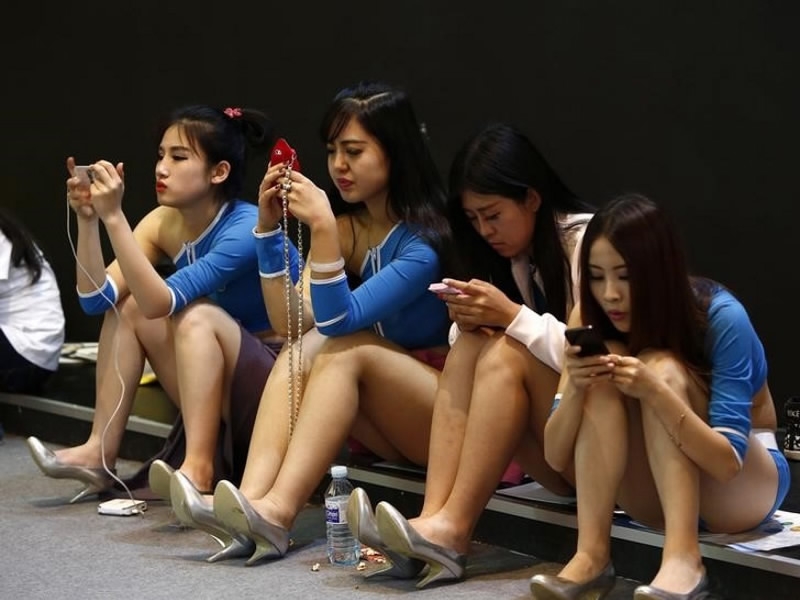
Business
15:46, 04-Dec-2017
China can do even more to bolster a thriving digital economy, says McKinsey
CGTN's April Ma

The Chinese government can take further initiatives in driving China’s digital economy, and possibly shift and create 10 to 45 percent of revenue across industries by 2030, said McKinsey Global Institute’s Digital China report published Monday.
Steps such as continuing to be an active investor and client in the sector, upholding healthy competition and reaching a global consensus on key issues such as cybersecurity and intellectual property protection may foster uninterrupted development and render China's tech enterprises more competitive on the world’s stage.
By persisting in investments and actively purchasing the latest products and services, particularly in areas with regulatory uncertainty, China’s administrators could further boost confidence and facilitate digitization, the report pointed out. Central and local officials have frequently called on domestic tech giants to help build the infrastructure for government-led projects, including rental information aggregation platforms which have grown out of a policy for renting over purchasing real estate.
The government should also scrutinize the appearance of digital monopolies, as some of the largest players seek to merge, leveraging their dominant market positions to secure an unfair advantage.

Reuters Photo.
Reuters Photo.
Tech giants are accumulating vast amounts of user data – an activity that Chinese consumers tend to be less concerned over, compared to their global counter parts –information that could be used to restrict consumers' ability to leave to another competitor or stifle completion, and it is up to the government to remain vigilant as business cycles move along, possibly even reviewing current anti-monopoly framework to protect consumers.
The Digital China report also listed reaching global agreements on issues like cyber governance, intellectual property and digital measurements as an area where China might work on, and hints that nation’s concerns over privacy and security, though legitimate, may take a toll on the bottom line of companies doing business under tighter Internet scrutiny
The consulting firm acknowledged the government’s role in fostering the nation’s digital economy over the past decade, which has evolved from a minor player that accounted for less than 1 percent of the world’s e-commerce transactions, to becoming a force to be reckoned with, hauling in 25 billion US dollars of digital sales in a single day.
Some of this immense progress can be attributed to the authorities granting leeway to innovation, by refraining from immediate regulation, says McKinsey.
“[A] light touch, or late regulation has encouraged entrepreneurship and regulation, leaving China’s Internet titans relatively free to test and commercialize products and services and to gain critical mass,” observed the report, citing the example of online payment solutions led by companies such as Ant Financial, who enjoyed the freedom of relaxed regulations for more than a decade after its introduction in 2005.
A loose leash on new economies has allowed businesses breathing space, with mobile payments swelling to more than 11 times that of the US in 2016.

SITEMAP
Copyright © 2018 CGTN. Beijing ICP prepared NO.16065310-3
Copyright © 2018 CGTN. Beijing ICP prepared NO.16065310-3